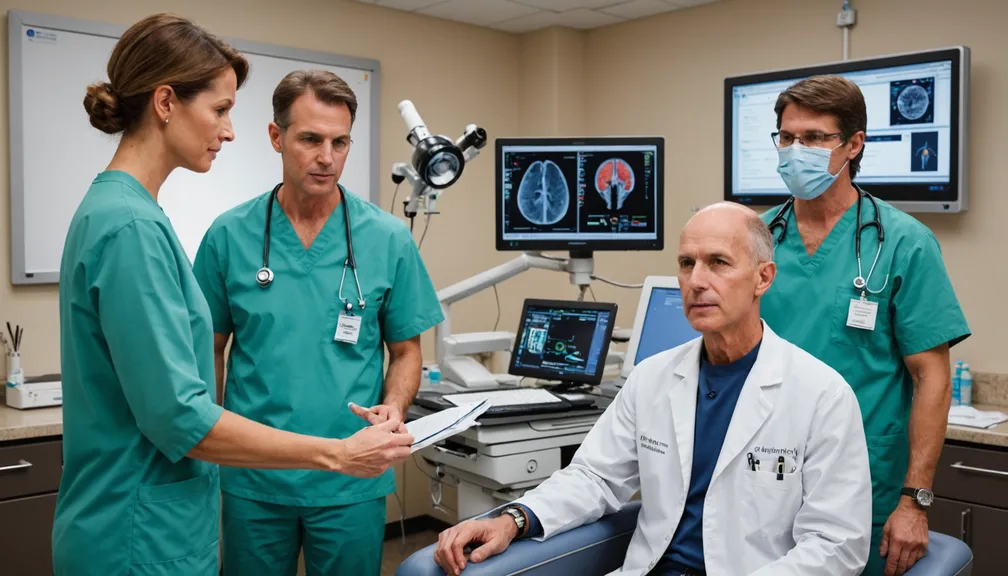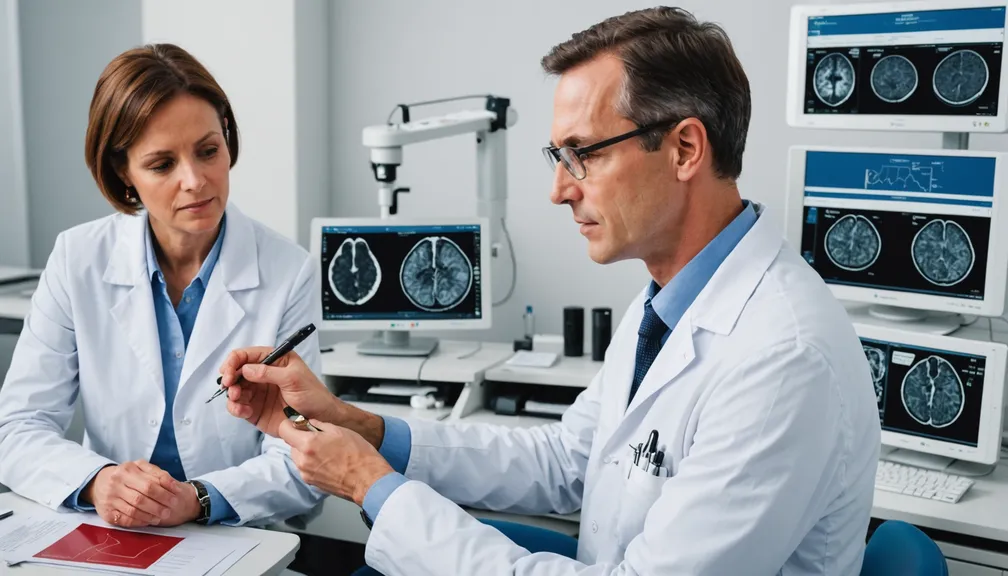Support Systems: Connecting with Communities and Resources
Navigating a hematologic cancer diagnosis can be overwhelming. Building a strong support system is essential for emotional well-being, practical assistance, and access to valuable resources. This lesson explores various communities and resources available to patients and their loved ones.
Emotional Support
1. Support Groups - In-Person Groups: Local hospitals and cancer centers often host support groups where you can share experiences and gain comfort from others facing similar challenges. - Online Communities: Virtual support groups provide a convenient way to connect with others anytime, anywhere.
2. Counseling Services - Individual Therapy: Licensed counselors can help you process emotions, manage stress, and develop coping strategies. - Family Therapy: Involving family members in counseling can improve communication and support within the household.
Educational Resources
1. Patient Education Programs - Workshops and Seminars: Learn about your specific type of hematologic cancer, treatment options, and self-care strategies. - Educational Materials: Brochures, books, and online articles can provide in-depth information tailored to your needs.
2. Healthcare Providers - Oncologists: Specialists who can explain your diagnosis, treatment plan, and answer medical questions. - Nurse Educators: Nurses trained to provide detailed information and assist with understanding complex medical information.
Practical Assistance
1. Transportation Services - Non-Emergency Medical Transportation: Helps ensure you can attend appointments without the stress of driving or relying on others. - Volunteer Drivers: Community volunteers may offer rides to and from treatment centers.
2. Financial Aid - Financial Counselors: Professionals who can help you navigate insurance, manage medical bills, and find financial assistance programs. - Non-Profit Organizations: Many charities offer grants or financial support specifically for cancer patients.
Lifestyle Support
1. Nutritional Guidance - Dietitians: Specialists who can create meal plans that support your treatment and overall health. - Nutrition Workshops: Sessions that teach you how to maintain a balanced diet during treatment.
2. Physical Wellness - Physical Therapists: Help maintain strength and mobility, manage pain, and improve overall physical well-being. - Exercise Programs: Tailored fitness routines to enhance energy levels and reduce fatigue.
Community Resources
1. Local Organizations - Cancer Foundations: Provide resources, support, and advocacy for patients and families. - Faith-Based Groups: Offer spiritual support and community connections.
2. National Organizations - Dedicated Helplines: Access to information and support from experts in the field of hematologic cancers. - Educational Campaigns: Initiatives that raise awareness and provide up-to-date information about blood cancers.
Types of Healthcare Professionals to Consult
1. Hematologist/Oncologist - Specialists in blood cancers who oversee treatment plans and monitor progress.
2. Nurse Navigator - Guides you through the healthcare system, coordinating appointments and resources.
3. Social Worker - Assists with emotional support, connecting you to community resources, and addressing practical needs.
4. Pharmacist - Provides information on medications, manages prescriptions, and advises on managing side effects.
5. Palliative Care Specialist - Focuses on improving quality of life by addressing symptoms, pain management, and emotional well-being.
Building Your Support Network
1. Communicating with Loved Ones - Open Dialogue: Share your feelings and needs with family and friends to foster understanding and support. - Setting Boundaries: It's okay to ask for help in specific areas and to set limits to protect your well-being.
2. Engaging with the Community - Volunteer Opportunities: Participating in community events can provide a sense of purpose and connection. - Hobbies and Interests: Engaging in activities you enjoy can offer a positive distraction and improve your mood.
Utilizing Technology
1. Telehealth Services - Virtual Appointments: Convenient access to healthcare professionals without the need to travel. - Online Consultations: Quick answers to questions and concerns from the comfort of your home.
2. Mobile Apps - Health Tracking: Apps that monitor symptoms, medications, and appointments to keep you organized. - Mental Health Apps: Tools for relaxation, meditation, and managing stress.
Building and maintaining a robust support system involves reaching out to various communities and utilizing available resources. By connecting with others, accessing educational materials, and seeking professional guidance, you can navigate the challenges of hematologic cancer with greater resilience and support.






